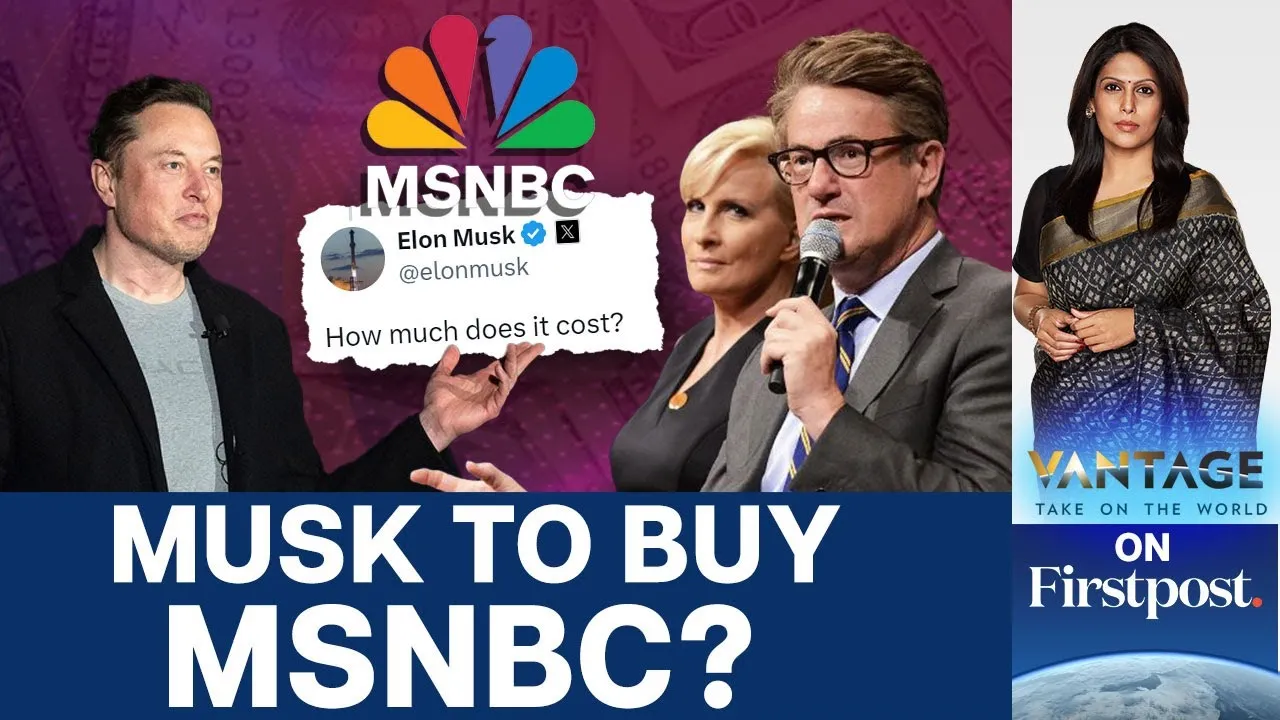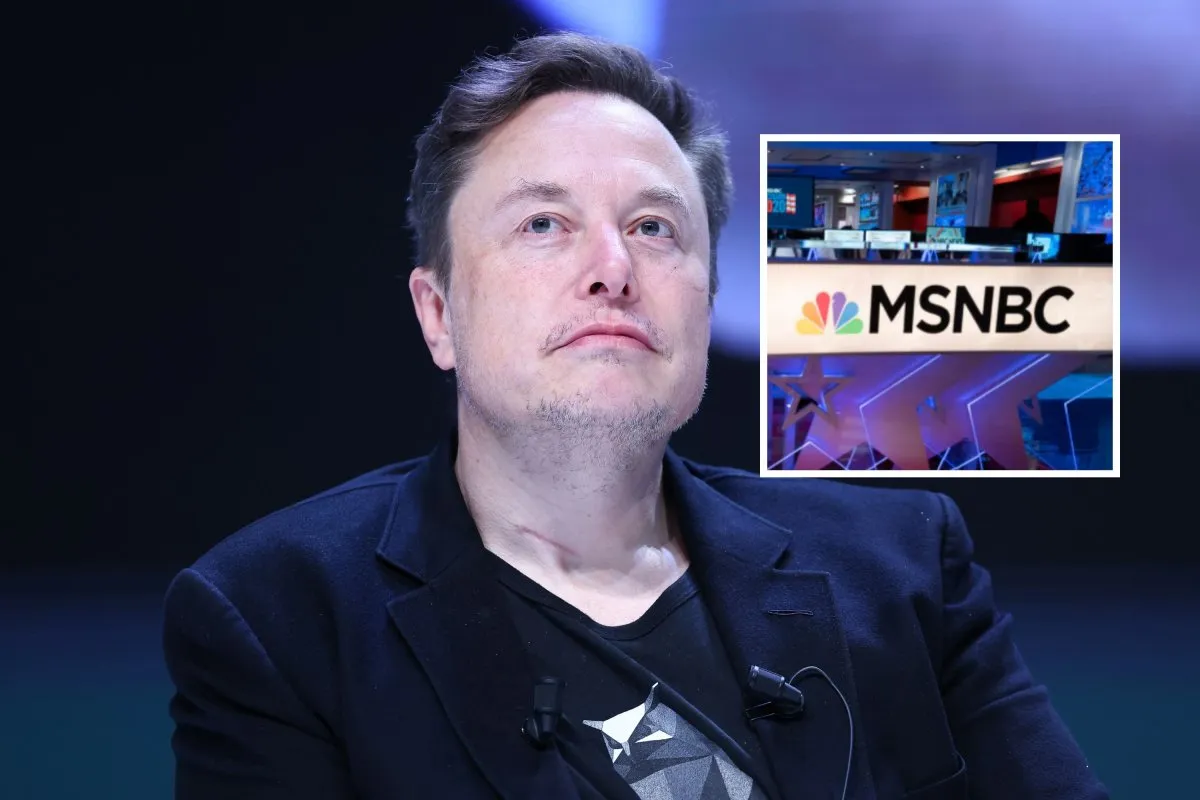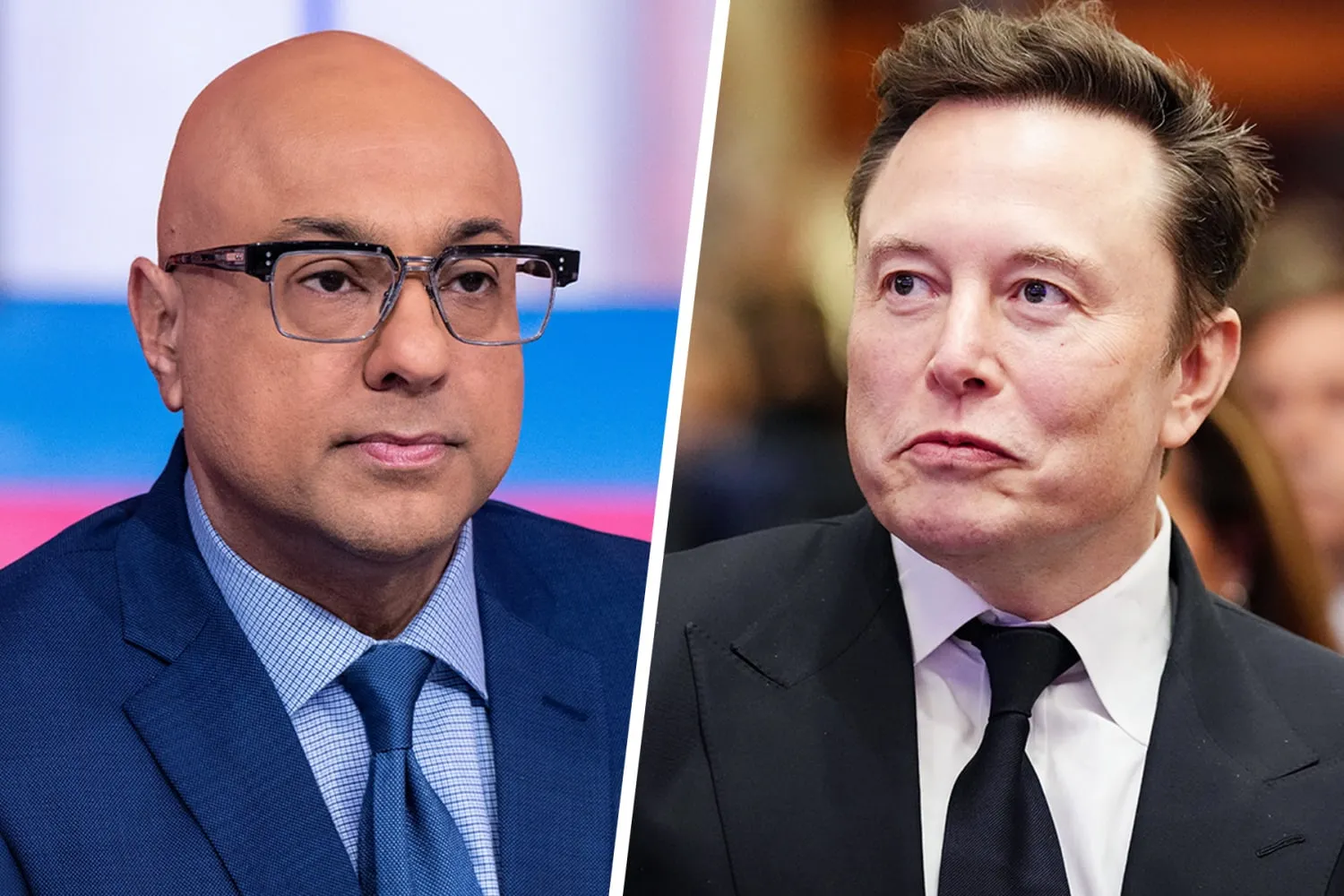
In a shocking development, billionaire Elon Musk has announced his intention to acquire MSNBC. Known for his transformative ventures in industries such as electric vehicles, space exploration, and social media, Musk’s latest move targets the media world. His proposed acquisition promises significant changes to the network’s structure, including addressing what he described as its “toxicity.”
Musk, CEO of Tesla and SpaceX, has consistently positioned himself as a disruptor in every field he enters. His recent ventures into social media through his purchase of Twitter (rebranded as X) have already demonstrated his willingness to challenge existing norms. Now, his attention has shifted to traditional cable news, with MSNBC in his sights. The announcement, made via a cryptic post on X, included a direct criticism of MSNBC anchor Joy Reid, signaling a broader intent to reshape the network’s culture and content.Joy Reid, a prominent and often polarizing figure on MSNBC, became a central focus of Musk’s remarks. He specifically named her as an example of the “toxicity” he seeks to eliminate. Known for her outspoken commentary on race, politics, and social justice, Reid has drawn both admiration and controversy. Musk’s criticism of her aligns with his broader narrative of combating what he perceives as biased or divisive rhetoric in media and online platforms.Musk’s approach to media reform appears to be rooted in his belief in open dialogue and a more neutral tone in news coverage. In his statement, he emphasized the need for platforms to foster constructive discussions rather than inflame divisions. However, critics argue that Musk’s definition of “toxicity” may be subjective and tied to his own political leanings. Some worry that his influence over a major news network could lead to a narrowing of perspectives rather than an expansion of dialogue.

The proposed acquisition raises questions about how Musk plans to execute this ambitious endeavor. While he has yet to disclose financial details or confirm whether formal negotiations with MSNBC’s parent company, NBCUniversal, have begun, his track record suggests he is serious. Industry analysts speculate that Musk’s wealth and connections could enable him to secure a deal, despite the potential challenges of regulatory scrutiny and corporate pushback.For MSNBC, Musk’s involvement could bring dramatic changes. The network has long been associated with progressive viewpoints, often acting as a counterbalance to more conservative outlets such as Fox News. Under Musk’s leadership, it remains unclear whether the network would maintain its ideological leanings or adopt a more centrist or even unconventional approach to news. Employees and viewers alike are bracing for what could be a profound cultural shift.Musk’s critics, however, are skeptical of his motives and ability to manage a media enterprise. They point to his controversial decisions at Twitter/X, including mass layoffs, policy changes, and public feuds, as evidence of a potentially chaotic leadership style. Others view his focus on Joy Reid as a personal vendetta rather than a genuine attempt to improve MSNBC’s content. Reid herself has not publicly responded to Musk’s remarks, but her supporters have rallied to her defense, accusing Musk of targeting her for her outspoken views.Supporters of Musk’s plan see it as a much-needed shakeup in an industry they believe has become too entrenched in partisanship. They argue that Musk’s unconventional approach could lead to innovative programming and a more diverse range of perspectives. However, even some of his supporters acknowledge the risks involved in such a drastic overhaul.The broader implications of Musk’s potential acquisition extend beyond MSNBC. If successful, it could signal a new era of billionaire influence in media, with tech moguls increasingly using their wealth to shape public discourse. Similar concerns were raised when Jeff Bezos acquired The Washington Post in 2013, though Bezos has largely maintained the paper’s editorial independence. Whether Musk would adopt a similar hands-off approach or seek direct control over MSNBC’s operations remains uncertain.

Regulators and lawmakers are also likely to scrutinize the deal if it progresses. Media ownership concentration has long been a contentious issue in the United States, with concerns about how it impacts the diversity of viewpoints in the public sphere. Musk’s growing influence across various sectors, from technology to social media and now potentially cable news, could attract further regulatory attention.While the path to acquiring MSNBC is fraught with uncertainty, Musk’s announcement has already sparked heated debates about the future of media and its role in society. Supporters see him as a necessary force for change, while detractors view him as a disruptive influence with unchecked power. Regardless of the outcome, Musk’s latest venture underscores his commitment to challenging the status quo and shaping industries in his image.As the story unfolds, all eyes will be on Musk, MSNBC, and Joy Reid. Whether this ambitious plan materializes or becomes another headline-grabbing controversy, it highlights the ever-evolving relationship between media, technology, and power in the modern era.



